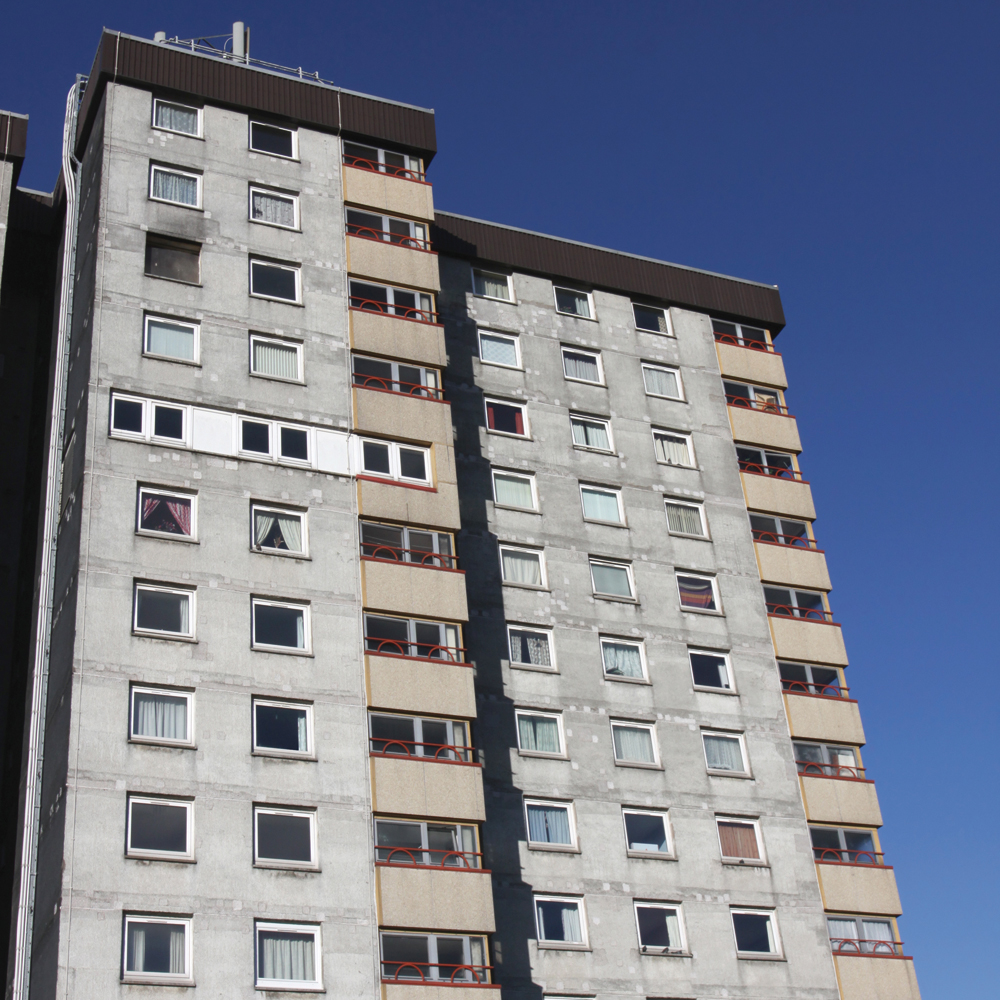Mortgages
Law Commission says commonhold should replace leasehold

The Law Commission has published recommendations that would transform the future of home ownership in England and Wales.
The improvements would make it easier and cheaper for homeowners to buy their freehold or extend their lease, and to take control of the management of their block of flats or an estate.
It has been estimated there are at least 4.3 million leasehold homes in England alone. If enacted the reforms would help those owners and pave the way for a system where flats are sold with freehold title.
The reforms would also improve commonhold to ensure it is the preferred alternative to leasehold as a way of owning homes – various commonhold systems are in place in other countries around the world.
Existing leaseholds
Commonhold allows people to own a flat forever, with a freehold title and no landlord. The Law Commission says this would be an option to replace leasehold for newly-built flats.
The recommended reforms would also give leaseholders a route out of leasehold by making it easier to convert to commonhold.
The Law Commission also wants improvements to the process by which leaseholders can buy the freehold or extend their lease (called “enfranchisement”). Its recommendations would create an improved enfranchisement regime that would be simpler and cheaper for leaseholders in flats and houses.
The proposals would also make it easier and cheaper for leaseholders to take over the management of their building without buying the freehold, by exercising the right to manage (“RTM”). The RTM lets leaseholders take control of services, repairs, maintenance, improvements, and insurance.
Leasehold system not working
Professor Nick Hopkins, commissioner for property law, said: “The leasehold system is not working for millions of homeowners in England and Wales. We have heard how the current law leaves them feeling like they don’t truly own their home.
“Our reforms will make a real difference by giving leaseholders greater control over their homes, offering a cheaper and easier route out of leasehold, and establishing commonhold as the preferred alternative system. The reforms will provide a better deal for leaseholders and make our homes work for us, and not somebody else.”
Luke Hall, minister for rough sleeping and housing, said: “This government is determined to improve transparency and fairness in the residential leasehold market to help thousands of leasehold homeowners up and down the country as well as future homebuyers.
“We are clear that the current system needs reform, which is why we asked the Law Commission to carry out this important work. We will carefully consider the Law Commission’s recommendations, which are a significant milestone in our reform programme, as we create a better deal for homeowners.”
Draft building safety bill
However, although the Law Commission’s recommendations were good news for leaseholders fighting for a fairer system, there was bad news for leaseholders elsewhere.
The government published its draft building safety bill which outlined new charges for leaseholders living in blocks with fire safety issues.
Ministers are proposing to amend the Landlord and Tenant Act to introduce a new charge for fire safety measures that would be separate from the service charge bill.
If the draft bill becomes law leaseholders would be obliged to pay building safety charges within 28 days of demand with debts enforceable in the County Court. Housing solicitor Giles Peaker said the charge would be “a catastrophe for leaseholders”.
The changes come as thousands of leaseholders across the country face bills of up to £80,000 per flat for work to resolve fire safety issues with their buildings discovered following the Grenfell Tower fire.
The draft bill will now have to go through the House of Commons and the House of Lords before being put into law after receiving royal assent.